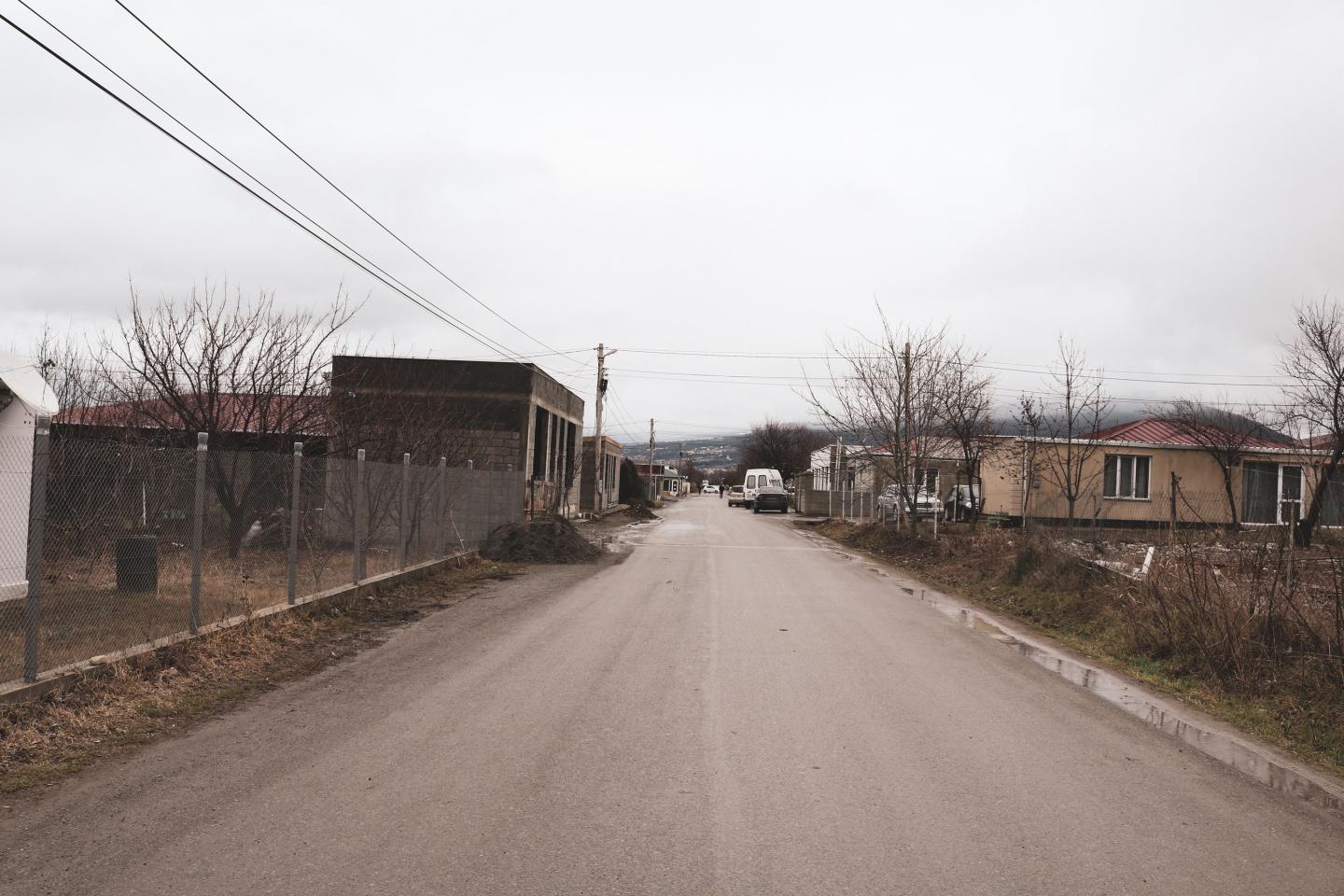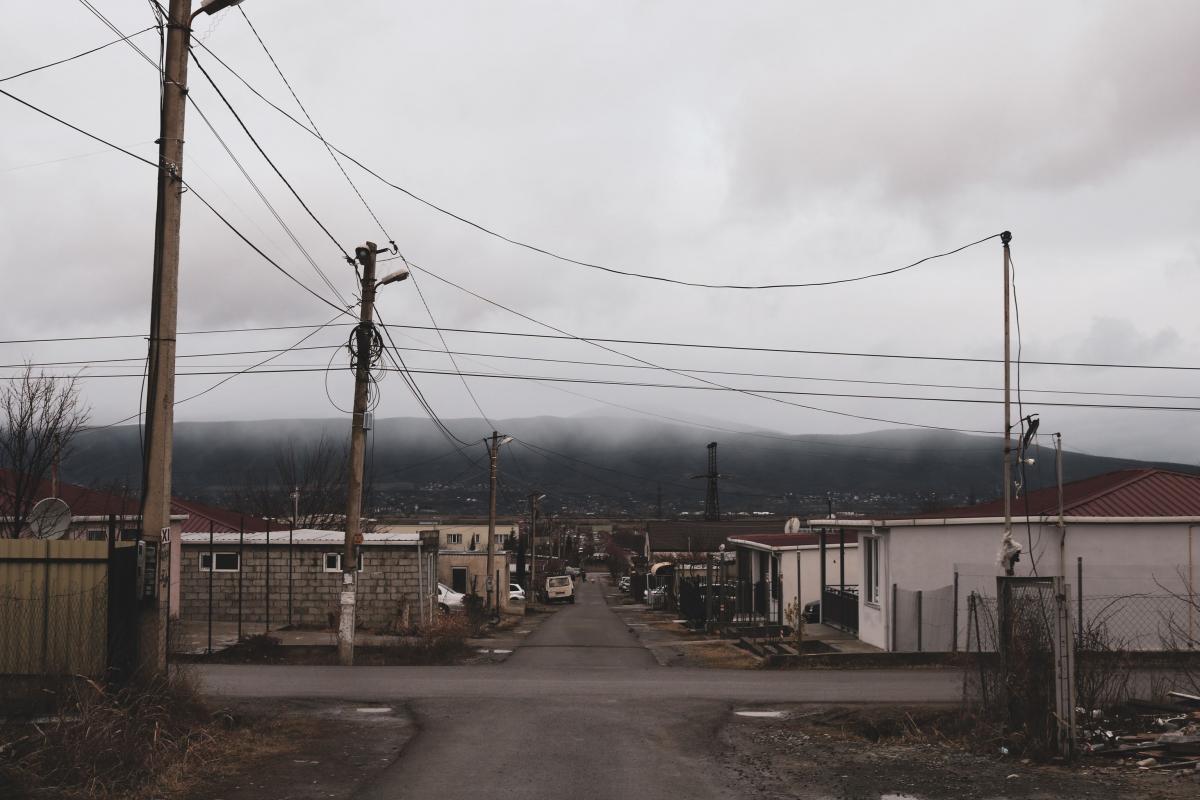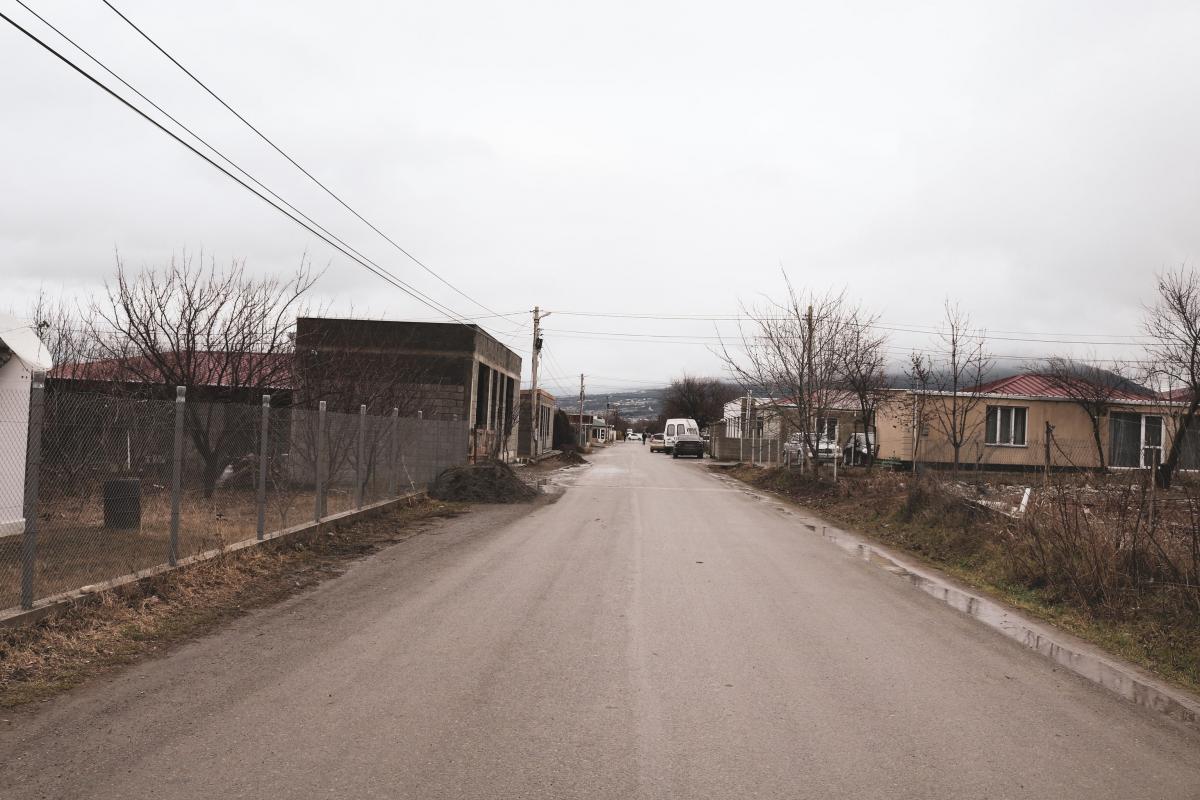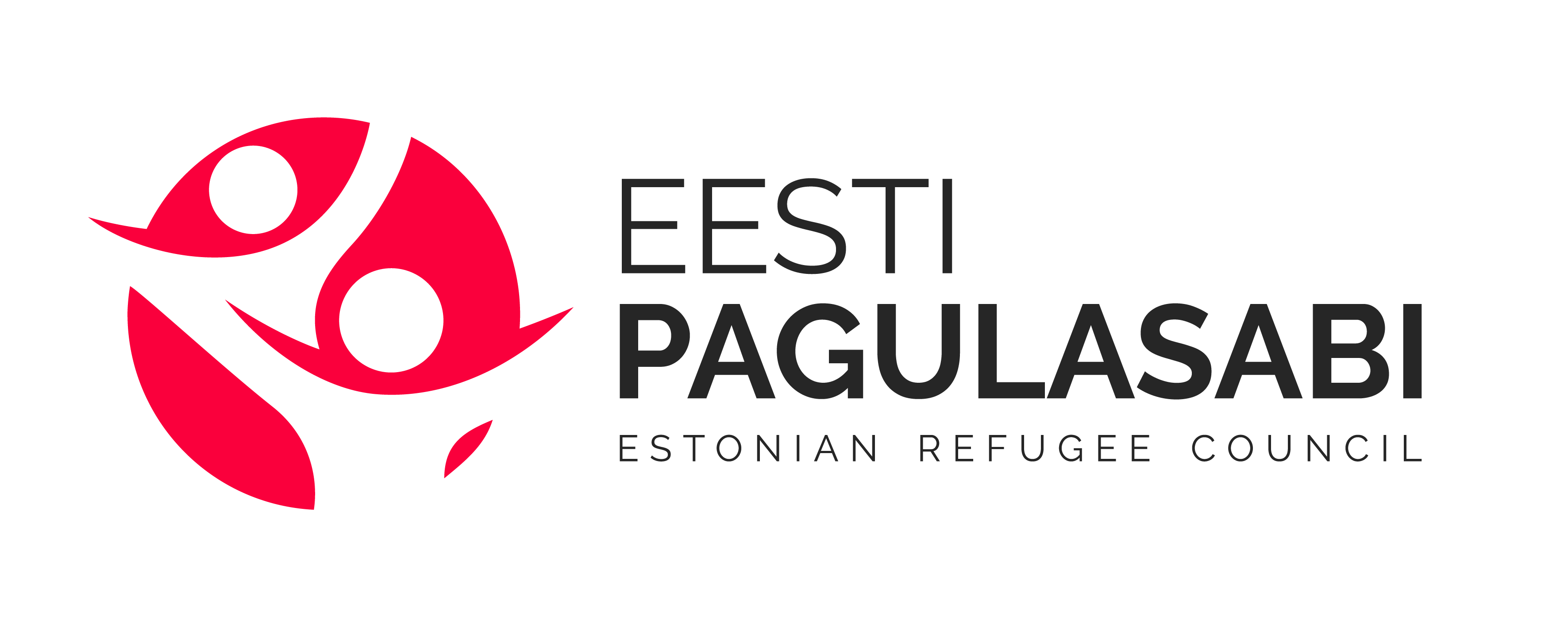
Estonian Refugee Council helps women to start their own businesses in five IDP settlements in Georgia
In April 2020, Georgia turned to Estonia to submit a request to start assistance projects in Georgia. The Covid-19 epidemic has had a devastating effect on the country's economy as well as causing food security problems, especially for people who are already in a difficult situation. In January of this year, Estonian Refugee Council started a project to support Georgian women in five internally displaced persons settlements. Read more and see the maps on our Georgian Humanitarian Aid page. .
“The idea of expanding to Georgia with our activities has been ticking in the minds of Estonian Refugee Council's members for some time. As we have previously had successful projects supporting the livelihoods of internally displaced persons (IDPs) in Ukraine, Lebanon and Jordan, it seems logical to continue to apply a similar model in Georgia,” said Taavet Tomberg, project manager of Estonian Refugee Council.
In the course of the project, Estonian Refugee Council and the local partner For Better Future (FBF) will organize business trainings for women, as a result of which 40 participants will receive financial support to start their own small businesses. Grants are followed by a six-month mentoring program that helps make businesses sustainable.
The local partner of Estonian Refugee Council is For Better Future, an organization operating in the settlement of internally displaced persons in Tserovan. The organization has long-term experience in working with IDPs, as well as a social enterprise through which they are offered jobs and help with daily living. On-site insight into the importance of the project is provided by FBF project manager Ekaterine Zaridze and project assistant Ana Akhlouri.

Georgian IDP settlement.
Why is this project important for the women in Georgia?
Ekaterine:
In Georgia, it’s not always easy for the women to enter the job market, especially for the IDPs
(internally displaced persons). Men have a lot more opportunities as they can work in the factories which require strong physical condition, while the women are usually house wives staying at home with children. Often they don’t even know how to write a CV or have a theoretical knowledge of how to enter the job market. They can’t leave home and children to find a job, let’s say, in Tbilisi, where there are a lot more opportunities. IDP women do not have any sources to use as an insurance while communicating with the banks. Around 95% of property owners are men.
We are working since 2008. Despite our effort in entrepreneurship and business development, there is still so much to do. When it comes to this project, we give out a lot of grants, but our target audience is also quite big. Even if not all of the participants get the grant, at least they gain practical knowledge. It’s also a chance for many women to develop their already existing businesses – a lot of them already do handicrafts and try to establish a sustainable enterprise, but it’s hard due to the lack of stable finances. So they have just given up. This project is very essential for them to start, or keep continuing their work.
Ana:
There is still a believing in people that men are more likely to do great business and be successful, and women would just make great moms. In the new generation this mindset is decreasing, but it’s still in people’s mind. Men in Georgia usually have more support, for example if there are a boy and a girl in the same family, with the same ideas, the boy would have a higher chance to get support from the family or the banks.
The main reason I like this project is that it gives not only the knowledge, but also the resources to make the business ideas real. The women don’t have this kind of opportunites too often. After this program they can also look for some other opportunities to get financed. In Georgia, we have a lot of opportunities and funds for both men and women, but the processes are super difficult and if you are not aware of how to write a business plan, you are not getting the funds. The lack of theoretical knowledge and practical skills and experience, women have difficulties while applying for the grant competition. They only evaluate your business plan on the paper, so if the idea is good but the plan is not very well written, you really don’t have a chance.
What makes this particular project special?
Ekaterine:
Together with the the trainings and financial support, in this project they also get mentors to support them throughout the whole business development. When the participants have professional mentors around, they feel much more safe and self-confident.
We had a previous project where, among others, three 20-year-old girls got their business started. They have a vintage store in one of the IDP settlements. First we were a bit hesistant if they can manage it while being so young, but six months later it’s great to see them rolling. They really do make a profit. This settlement is not very well developed, but they have still managed to keep their business going.
When it comes to this project, we can support a lot more women as the amount of the grants is quite big. Also, the participants would be able to unite their business ideas and overall get a bit more funding to reach their goals.
Ana:
We have an experience with many different projects before, but this is great for everyone because of the scale. This project will hopefully positively affects IDP’s self-confidence and have a positive impact on their families and on the community where they live in. A lot of women can learn about the business development, but we hope to learn a lot of things as well, about the project maagement and communication.

IDP settlement in Tserovani.
The project is funded by the Estonian Ministry of Foreign Affairs from development cooperation funds.
